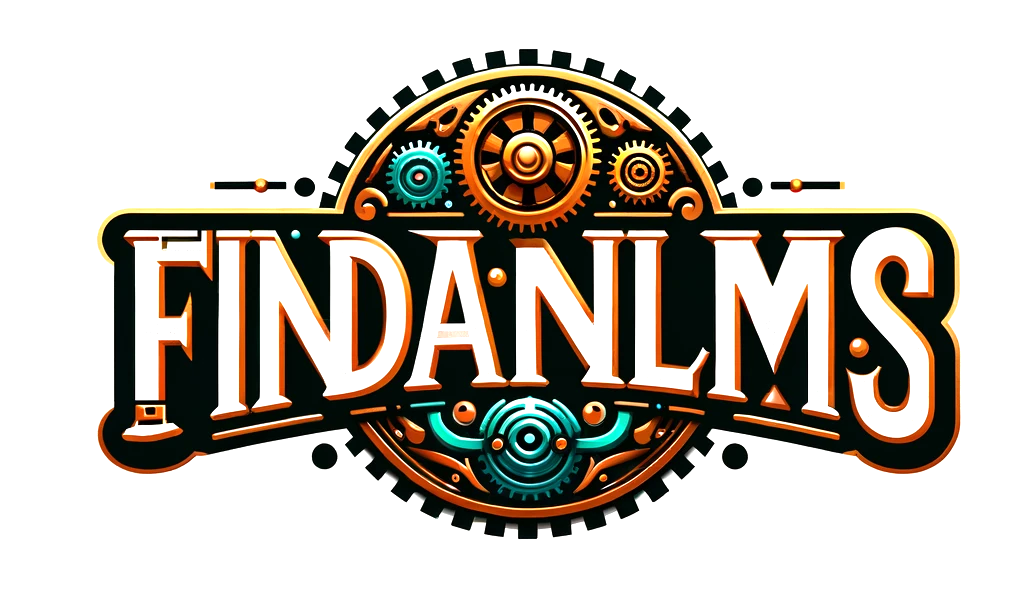
What is an LXP (Learning Experience Platform)?
LXPs are a market within the learning system space and the second fastest growing segment in the overall learning system sector (LMSs are the largest segment).
Every learning engagement platform (LEP) is about engagement and content. Content is the queen here, next to the engagement (king). You need both with an extensive amount of content, constantly being added. Content can be – video, audio (inc. podcasts), courses, micro-learning courses (a favorite among LEPs), documents, PDFs and various other types of files (depending on the vendor).
What Makes for Strong LXP Functionality?
- Modern UI – It is a must. None of them look like something from the late 90’s or even mid 2000’s.
- UX driven – User experience is another must. This is visible immediately, when a learner sees their content (in an appearance vendors often note it as “Netflix” like)
- Under the “content” on the main learner screen
- Administration functionality similar to an LMS. Some do not offer batch uploading of learners/courses
- Learning environment similar to LMSs. Most LXPs lack individual learning plans.
- Some level of machine learning/AI – usually with an algorithm
a. Content curation
b. Recommended content – can be an aggregator of the entire community and/or of your own company. Some LEPs allow the administrator the choice of either, some do not. If it is “not”, it is of the entire community.
c. Top content, popular content, something along these lines – A favorite among LEPs. Again, could be based on the entire community or your own company (depending on vendor).
d. Content Acquisition via a course marketplace
- You can take your pieces of content or modules in a linear format or bounce around (admin selects)
- Each module contains a listing of “items”. Again, the vernacular may be different, but they all have the “items” angle as in multiple pieces of content, and yes they can be multiple courses are in the module, per se. It could be a couple of lessons, assessments, etc.
- Tags and ability to search using “tags”
- Social at some level.
- Links – Link to courses, link to content, link to web sites that have articles of interest, in other words, links.
- Topics of Interest – Most have the ability for the end user to list “topics of interest”. The vernacular here can be different. Nevertheless, it plays a role in LXPs, because the learner can then have/view courses/content that are in those topics of interest.
- Metadata search of content
- Employee driven system. Could you do B2B with this? If your B2B is internal, i.e. franchises, retail locations, that type of scene, then yes. LXPs are employee oriented.
- Skills are presented – with the learner here, and thus content is tied to that
- Ratings – could be by stars, thumbs up – Facebook “like”, or other
- Comments, usually seen when you click the piece of content
- Mobile responsive and mobile learning
- Micro-learning
- Sharing of content at some level
- Categories of content always include sales, compliance or similar nomenclature, customer service, tech, leadership development.
- Uploading of your own content is a mixed. Some allow it, some don’t. The same issue with course standards, some allow the ability to upload SCORM courses into the system, others have you link to the SCORM course which is hosted by you somewhere. If they do accept SCORM reigns supreme.
- Create your own content – They all offer it at some level.
- Analytics and Reporting
- Gamification
- Certificates
Find an LMS, is the only Learning System Search Platform on the market from Craig Weiss. To access FindAnLMS, register for free now
